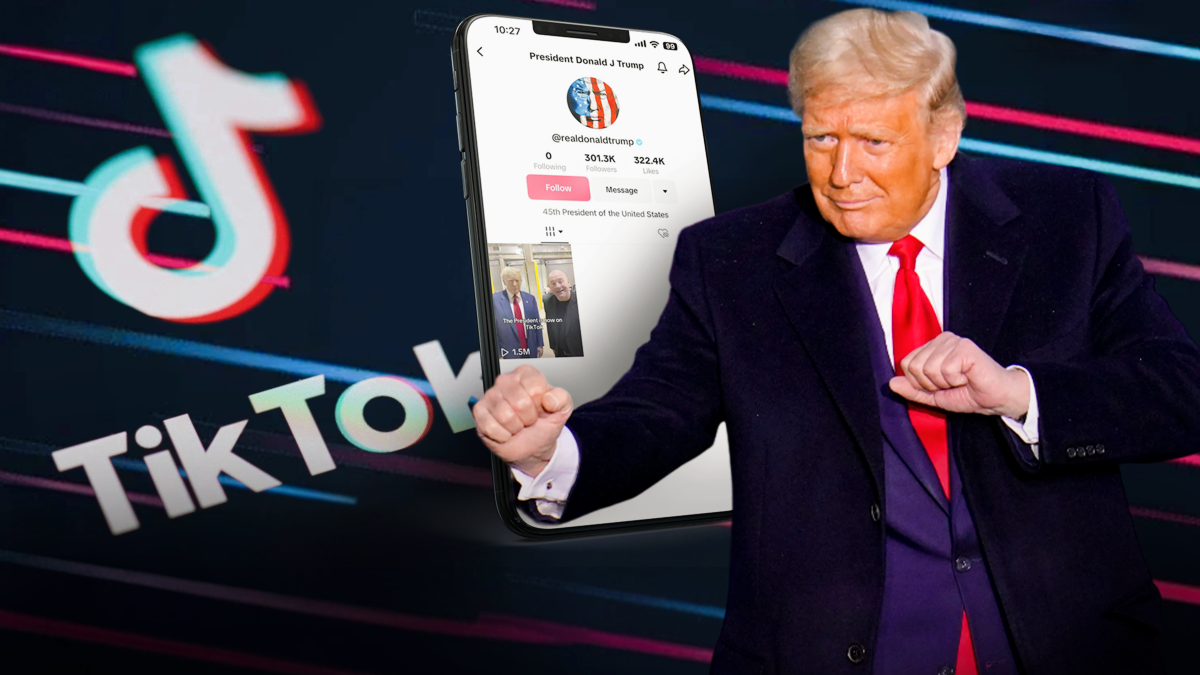In a new move reflecting the rising technical and political tensions between the United States and China, U.S. President Donald Trump signed an executive order yesterday regarding the acquisition deal for "TikTok," simultaneously sparking a wave of reactions with his humorous and provocative statements.
During a press conference at the White House, Trump was asked if he wished that TikTok's algorithms would prioritize content related to the "MAGA" movement (Make America Great Again) from now on, to which he jokingly replied:
"Of course, I have always loved MAGA-related topics. If I could, I would make the algorithm promote them 100%!".
However, he quickly added:
"Opportunities will remain equally available for everyone, and every party will have their voice heard on this platform."
* Who owns TikTok's algorithms after the deal?
U.S. Vice President JD Vance clarified that control over TikTok's algorithm will transfer to the American owning entity, to ensure data protection and prevent foreign influence within the United States.
According to informed sources, the acquisition deal, valued at approximately $14 billion, will grant an American coalition consisting of companies:
• Oracle
• Silver Lake
• MGX
• A combined 45% stake in what will be known as "TikTok America".
Meanwhile, the original Chinese owner of the app, "ByteDance," will retain only a 20% stake, with the remaining 35% distributed among non-Chinese investors in "ByteDance."
* Background of the deal
This deal came after months of debate in American political and media circles, amid growing fears of China using the private data of American users, which "ByteDance" has repeatedly denied. However, the Trump administration insisted on restructuring to ensure that no information leaks to Chinese official entities.
* Increasing importance of TikTok in global politics
It is noted that "TikTok" has surpassed being merely an entertainment video app to become a key player in shaping public opinion, especially among American and global youth.
Its political role has emerged in several sensitive moments, most notably the U.S. elections and the war in Gaza, making it a focal point for all parties.

